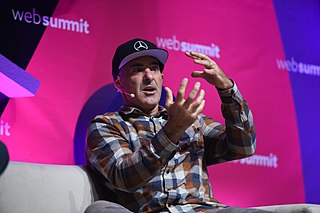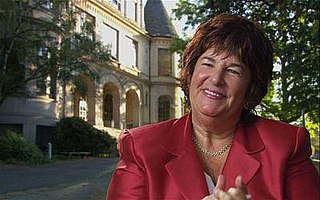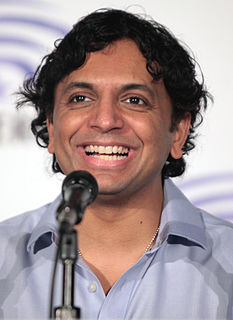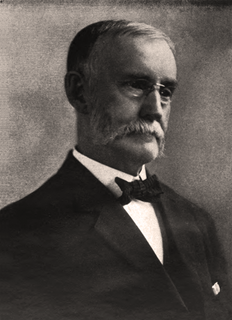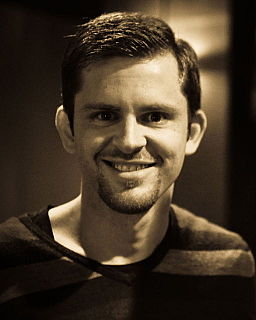A Quote by Joseph Campbell
The cave you fear to enter holds the treasure you seek. Fear of the unknown is our greatest fear. Many of us would enter a tiger's lair before we would enter a dark cave. While caution is a useful instinct, we lose many opportunities and much of the adventure of life if we fail to support the curious explorer within us.
Related Quotes
We fear the past, present and future. We fear the unknown, we fear not having enough, losing what we have, not having what we want. We fear what will become of us and those that we care for. We fear what others think of us and what they don't think of us. We fear, fear, fear and therefore we are controllable through the manipulation of all that we fear. The present War on Terror is the War of Fear. No Fear, no control.
As an artist, and for me personally, my biggest fear is categorization. I hate the idea that I would become someone who says that "this is what I do and now that's what I am." What I really feel like is an explorer. I want to continue exploring my brain cave and see what's there, you know? And I don't want to just stay in one cave.
This fear bears no analogy to any fear I knew before. This is the basest of all possible emotions, the feeling that was with us before we existed, before this building existed, before the earth existed. This is the fear that made fish crawl out onto dry land and evolve lungs, the fear that teaches us to run, the fear that makes us bury our dead.
One extremely important purpose of emotions from an evolutionary perspective is to help us decide what to remember and what to forget. The cavewoman who could remember which cave had the gentle guy who gave her food is more likely to be our foremother than the cave woman who confused it with the cave that held the killer bear. The emotion of love (or something resembling it) and the emotion of fear would help secure her memories.
Fear keeps us rooted in the past. Fear of the unknown, fear of abandonment, fear of rejection, fear of not having enough, fear of not being enough, fear of the future-all these fears and more keep us trapped, repeating the same old patterns and making the same choices over and over again. Fear prevents us from moving outside the comfort-or even the familiar discomfort-of what we know. It's nearly impossible to achieve our highest vision for our lives as long as we are being guided by our fears.
Fear is so fundamental to the human condition that all the great spiritual traditions originate in an effort to overcome its effects on our lives. With different words, they all proclaim the same core message: "Be not afraid." Though the traditions vary widely in the ways they propose to take us beyond fear, all hold out the same hope: we can escape fear's paralysis and enter a state of grace where encounters with otherness will not threaten us but will enrich our work and our lives.
The new year on which we are about to enter is unopened, and we know not what shall befall us; but if we follow Christ we need have no fear. So let us leave the old year with gratitude to God for its mercies, and with penitence for its failures and sins; and let us enter the new year with earnest resolve in Christ's name to make it the holiest and most beautiful year we have ever lived.
When we accept Christ we enter into three new relationships: (1) We enter into a new relationship with God. The judge becomes the father; the distant becomes the near; strangeness becomes intimacy and fear becomes love. (2) We enter into a new relationship with our fellow men. Hatred becomes love; selfishness becomes service; and bitterness becomes forgiveness. (3) We enter into a new relationship with ourselves. Weakness becomes strength; frustration becomes achievement; and tension becomes peace.
There is no fear in love, but perfect love casteth out fear. Fear is a painful emotion that arises at the thought that we may be harmed or made to suffer. As long as we must trust for survival to our ability to out look or out maneuver the enemy, we have every good reason to be afraid. Fear is torment. To know that love is of God and to enter into the secret place leaning upon the arm of the Beloved, this and only this can cast out fear.
Part of what attracted me to the village was it had a lot of parallels to contemporary issues. Like, fear and the way fear controls us. How the governing body of a town, or a nation, controls us through fear. They might mean well by it, but we are conditioned to be afraid of things. Fear of the unknown. Fear of terrorism. And it's unfortunate.


